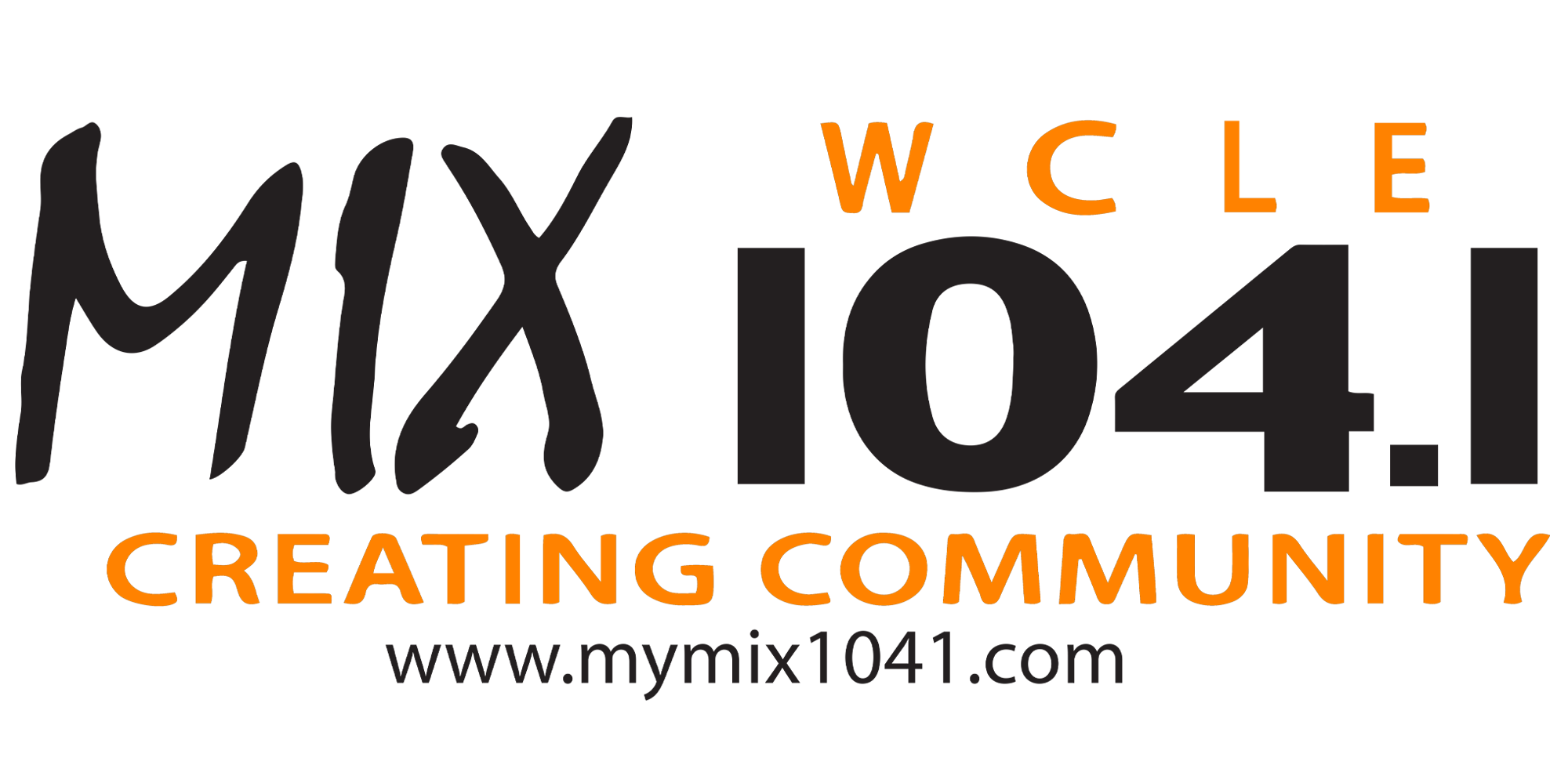From the Chattanooga Times Free Press: According to the preliminary results of a recently released federal study, 15 new passenger rail lines are

From the Chattanooga Times Free Press: According to the preliminary results of a recently released federal study, 15 new passenger rail lines are proposed across the country, two of which would go through Chattanooga.
The two going through the city would connect Chicago to Miami and Houston to New York City.
The proposed routes from the Federal Railroad Administration, announced Friday, are part of a preliminary study still being conducted.
According to the federal agency, “Further analysis after completion of this study would be necessary to advance the preferred routes through project planning and project development activities prior to implementation.”
The study, which pertains to long-distance service, is part of an initiative outlined in the Bipartisan Infrastructure Law, federal legislation passed by Congress in 2021.
According to the legislation, the Federal Railroad Administration is required to study the restoration of intercity passenger rail for long-distance service, which the federal agency defines as routes operated by Amtrak over 750 miles.
The proposed routes are separate from a $500,000 federal grant, announced by the city in December, that will be used to study a potential passenger rail from Memphis to Atlanta, passing through Nashville and Chattanooga.
The federal grant and proposed routes are part of an effort to install more passenger rail throughout the state and nation.
In July, a state report recommended that the Tennessee Department of Transportation study the feasibility of establishing passenger rail from Nashville to Chattanooga to Atlanta.
Economic importance
Dan Reuter, executive director of the Chattanooga-Hamilton County Regional Planning Agency, said in a phone interview that Chattanooga sits at a pivotal point between two major urban areas.
“Ninety minutes north of the Atlanta suburbs,” Reuter said. “Ninety minutes south of the Nashville suburbs. We are between two major capitals of two Southern states.”
He said rail is key to navigating between the three cities as the area continues to grow.
“We absolutely should be looking at alternative transportation systems,” Reuter said. “This corridor, economically, is very important to the South. Between Nashville and Atlanta over the next 75 years … the majority of that growth will be in the Southern United States.”
History of rail
With the former Southern Railway Terminal Station, now known as the Choo Choo, sitting in Chattanooga’s downtown, the city has a long and storied history of railway.
“Chattanooga has been an integral part of freight and passenger service for almost its entire existence,” said Justin Strickland, public space coordinator with the city’s division of transportation. He’s also written and researched about Chattanooga’s history of rail.
Despite this history, there are no passenger rails exiting the city. The last passenger train in Chattanooga was boarded in the early 1970s.
Strickland attributes this decline in passenger rail to the changes that came with the advent of the car in the post-World War II economy.
“When the boys came back from overseas, they purchased cars,” Strickland said. “Freedom of arriving and departing at your own time. There was the very popular creation of the interstate system, which allowed for much greater distances to travel.”
He said this shift in the economy has impacted the environment and economic mobility.
“What we’ve gained is traffic and pollution,” Strickland said. “What we’ve lost is accessibility. We’ve lost options. More options for transportation gives more opportunity.”
In terms of the $500,000 federal grant to the city for studying rail from Memphis to Atlanta, Strickland said he’s confident rail transportation in that corridor will become a reality.
“This will happen and will happen sooner rather than later,” Strickland said. “We’re closer than we have been ever before.”

